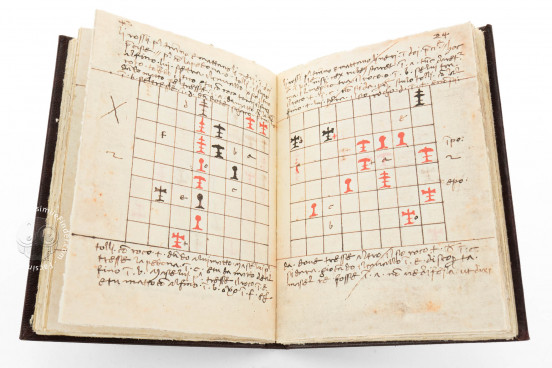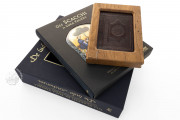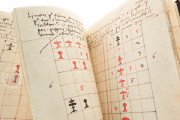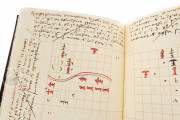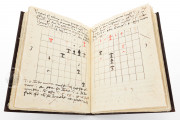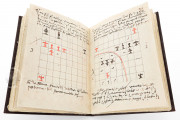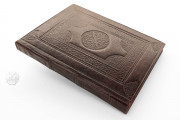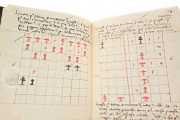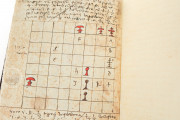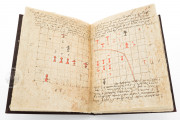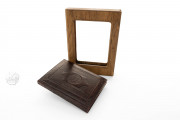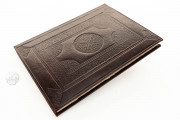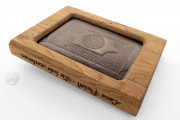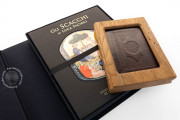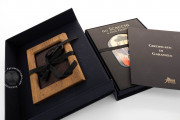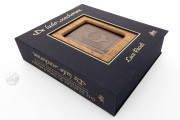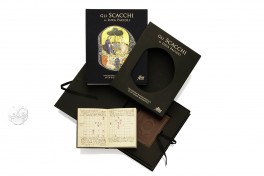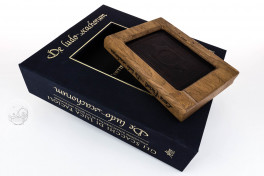On the Game of Chess is the autograph manuscript of a treatise with 114 chess demonstrations devised by Luca Pacioli, a Franciscan friar and humanist scholar. It was produced in Italy around 1500 and was intended to be educational and informative. The pocket book reflects how chess had developed, clarifying new rules and introducing novel stratagems. The rediscovery of this sole surviving copy of Pacioli‘s treatise in 2006 has thus shed light on the game's evolution. Pacioli executed the ninety-six drawings of chessboards in black and red ink.
Pacioli wrote this treatise during his productive period of artistic and scientific collaboration with Leonardo da Vinci. Their intellectual partnership flourished across the Italian cities of Milan, Mantua, and Venice, representing one of the most remarkable collaborative relationships of the Renaissance period.
Purpose and Structure
As Pacioli himself describes it, "De Ludo Scachorum" was created as a "pleasant and cheerful treatise" intended as a "schifanoia" (an activity to drive away boredom). The text was written in vernacular language rather than scholarly Latin, suggesting its purpose extended beyond purely academic circles.
Mathematical and Strategic Significance
Beyond its recreational function, the manuscript serves today as a valuable testament to the mathematical and logical frameworks of the Renaissance era. It provides modern scholars with insight into how strategic thinking was conceptualized and articulated during this pivotal historical period.
Chess Innovation
The work has generated considerable scholarly interest particularly for its dual approach to chess strategy. It documents both traditional "decisions" made in the medieval manner alongside innovative moves according to the new "a la rabiosa" technique, which would become more widely adopted in the late sixteenth century, illustrating a transition period in chess history.
We have 2 facsimiles of the manuscript "On the Game of Chess by Luca Pacioli":
- De Ludo Scachorum (Circulating Stacks Edition) facsimile edition published by Aboca Museum, 2007
- De Ludo Scachorum (Special Collection Edition) facsimile edition published by Aboca Museum, 2007

